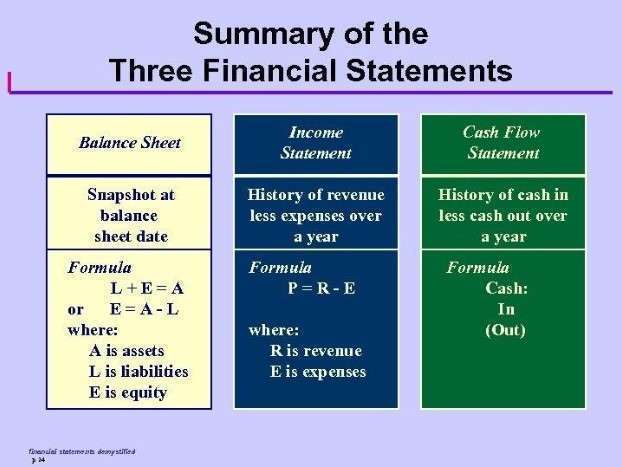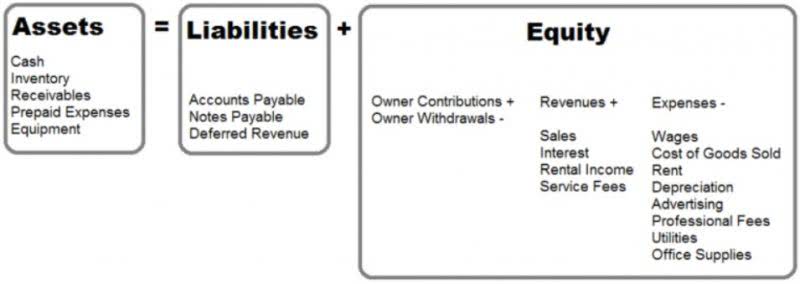
Professional accounting and payroll helps you to avoid financial surprises and covers you when issues or opportunities do arise. The standard setters made limited changes to the accounting and financial reporting guidance in 2020, so industry participants have focused mainly on adopting or preparing to adopt the major standards issued previously by the FASB. No matter what you might think, agencies are responsible for fiduciary funds.
- Continued pressure to optimize business efficiency has compelled insurance agencies and brokers around the globe to seek new approaches to streamlining their back-office tasks, such as outsourcing accounting services.
- The Internet is filled with stories of agency owners being prosecuted and losing their licenses for improperly using trust funds to make payments in their operating accounts.
- Furthermore, it helps build stronger relationships with clients and fosters a sense of financial responsibility among them.
- Insurance regulations require agency owners to maintain separate accounting for all fiduciary funds.
- Deloitte shall not be responsible for any loss sustained by any person who relies on this publication.
Driving Your Car for Business? Consider a Company Vehicle
Our publication provides some key disclosure and reporting reminders for upcoming filings and summarizes the SEC’s rulemaking and other activities that affect financial reporting. There are two types of billing for an insurance brokerage – agency and direct bill. A brokerage should decide carefully which billing arrangement works best for their business. Many agencies utilize both methods although one method is usually more dominant than the other. IAAB is the leading outsourced bookkeeping & accounting firm for Applied Epic and Vertafore AMS360 agencies. IAAB, formed in 2007 to help Independent Insurance Agencies throughout the United States manage their accounting and bookkeeping, currently has over 40 staff members across the United States.

New Accounting Standards Upcoming Effective Dates for Public and Private Companies

Agency-billed policies are also easier to track and manage since the agency is in control of the entire revenue cycle. This provides more opportunity for customized billing and gives the client one point of contact for all their insurance needs. It requires more resources due to the need Certified Public Accountant for additional personnel to handle the billing, collections and servicing of the policies. It is also more prone to errors as the agency generates the invoices rather than the insurance carrier. While insurance brokerage accounting isn’t necessarily more complex, it is unique when it comes to integrating operations and financial reporting.
Your Complete MGA Guide to Insurance Accounting and Reporting
However, it is essential the entity look to the performance obligations and not the revenue type or cash flow streams in determining the timing of revenue recognition. Organized records provide financial visibility by recording and categorizing financial transactions, allowing agency owners and managers to identify trends, detect potential issues, and devise strategies to optimize profitability. Tracking income and expenses is crucial for smart decision-making, allowing agencies to allocate resources wisely, meet financial obligations, and plan for future investments. In the digital age, technology has reshaped the landscape of business operations, and bookkeeping is no exception.
In the complex and ever-changing landscape of tax regulations and financial reporting requirements, compliance is a top priority for insurance agencies. Proper bookkeeping plays a pivotal role in ensuring that agencies adhere to these legal obligations. By maintaining accurate and up-to-date financial records, insurance agencies can confidently navigate tax laws and regulations, minimizing the risk of penalties, audits, and potential legal issues. Administration only contracts may provide for fees to be established on a per-claim basis, under which the obligation is to process claims for a term specified within the contract. The companies apply actuarially-determined, historical-based patterns to determine future service obligations, without applying a present value discount. The brokerage’s book of business is also a valuable tool to assist with yearly budgeting and forecasting and can dually serve as template for each producer’s commission tracking.

Accounting Best Practices for Property and Casualty Insurance Agencies
Please contact us for a paper copy of this article if you would like to share it with your bookkeeper or accountant. If your CPA encourages taking chances on your tax returns, make sure you get a certificate of E&O insurance from him/her. If their reasoning is, “I think we can win if the IRS catches this.” Weigh the tax savings versus the extra cost to insurance agency accounting defend a “win” the case.



